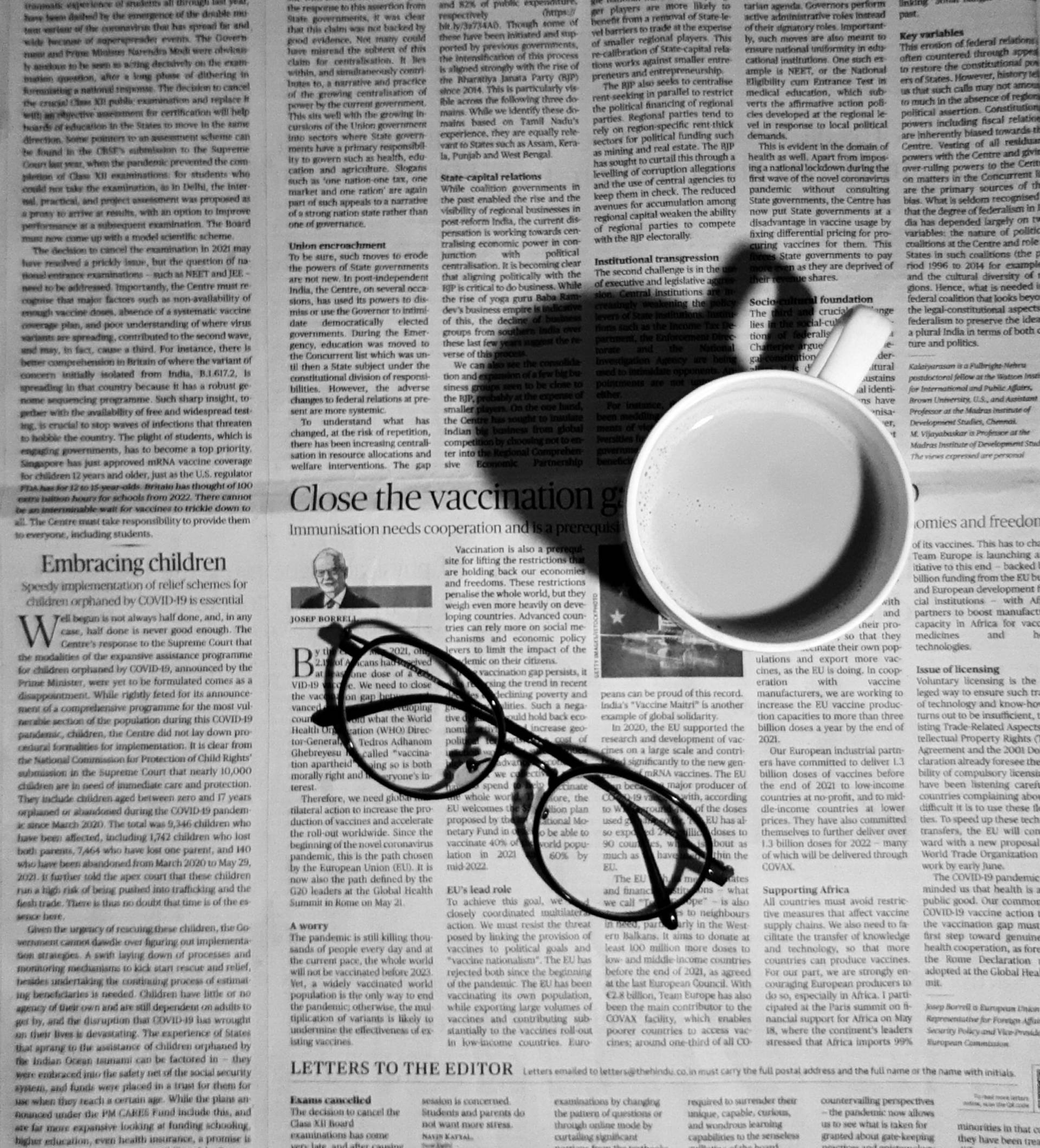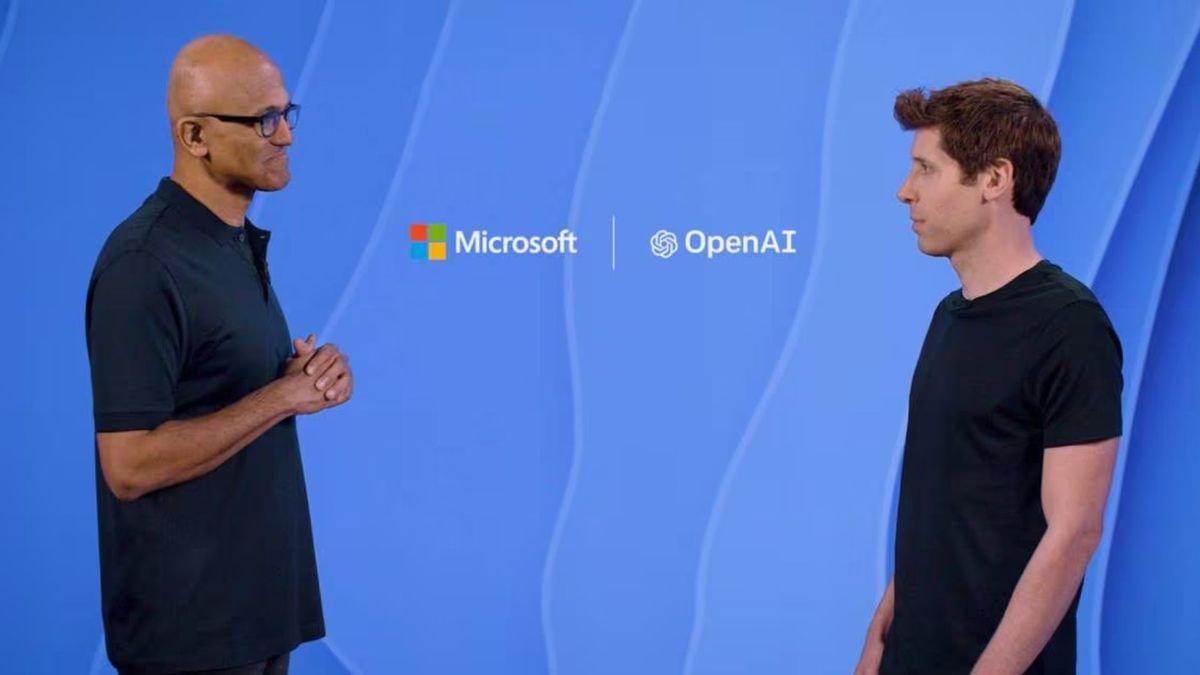Get the latest tech news
The Copier Wars: Fair Use's Rude Awakening
Ernie Smith of Tedium has done a longer more detail deep-dive into the history of the photocopier and its implications, a follow-up on our previous post on the subject. With machines making it easy to copy information, businesses that once relied on the scarcity of information found themselves leaning on courtrooms to protect their bottom line.
Unfortunately for Fitzpatrick, a federal judge disagreed with FEL, dismissing the claims in its lawsuit against the Catholic Bishop of Chicago, on grounds that it used its position in the market to monopolize access to songs. Also in this category were universities, which, as anyone who has paid hundreds of dollars for a textbook can tell you, suffer from a captive-audience problem that professors and students alike spent years trying to work around. As Noam B. Katz wrote in a 2002 essay in The Harvard Crimson: “Barring a change in legislation or jurisprudence, then, we must strive for creative, effective and legal solutions to lift these crushing and senseless financial burdens from our student body.”
Or read this on Hacker News
